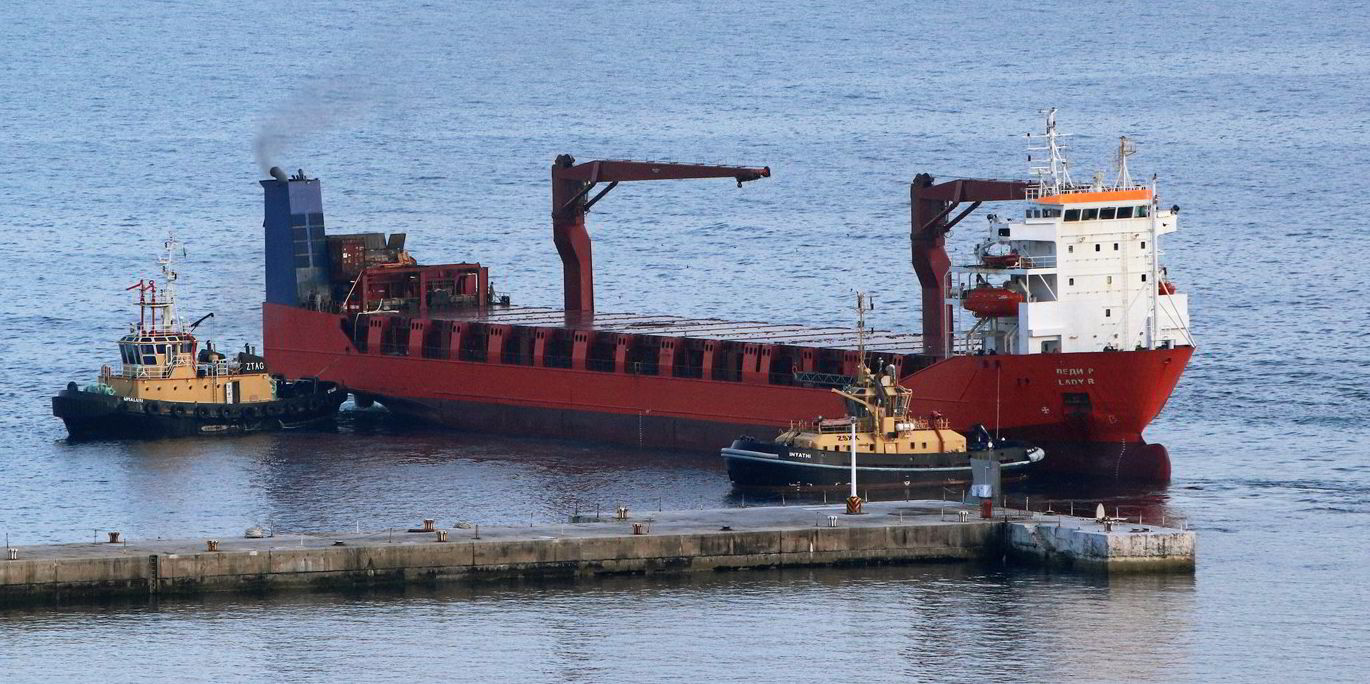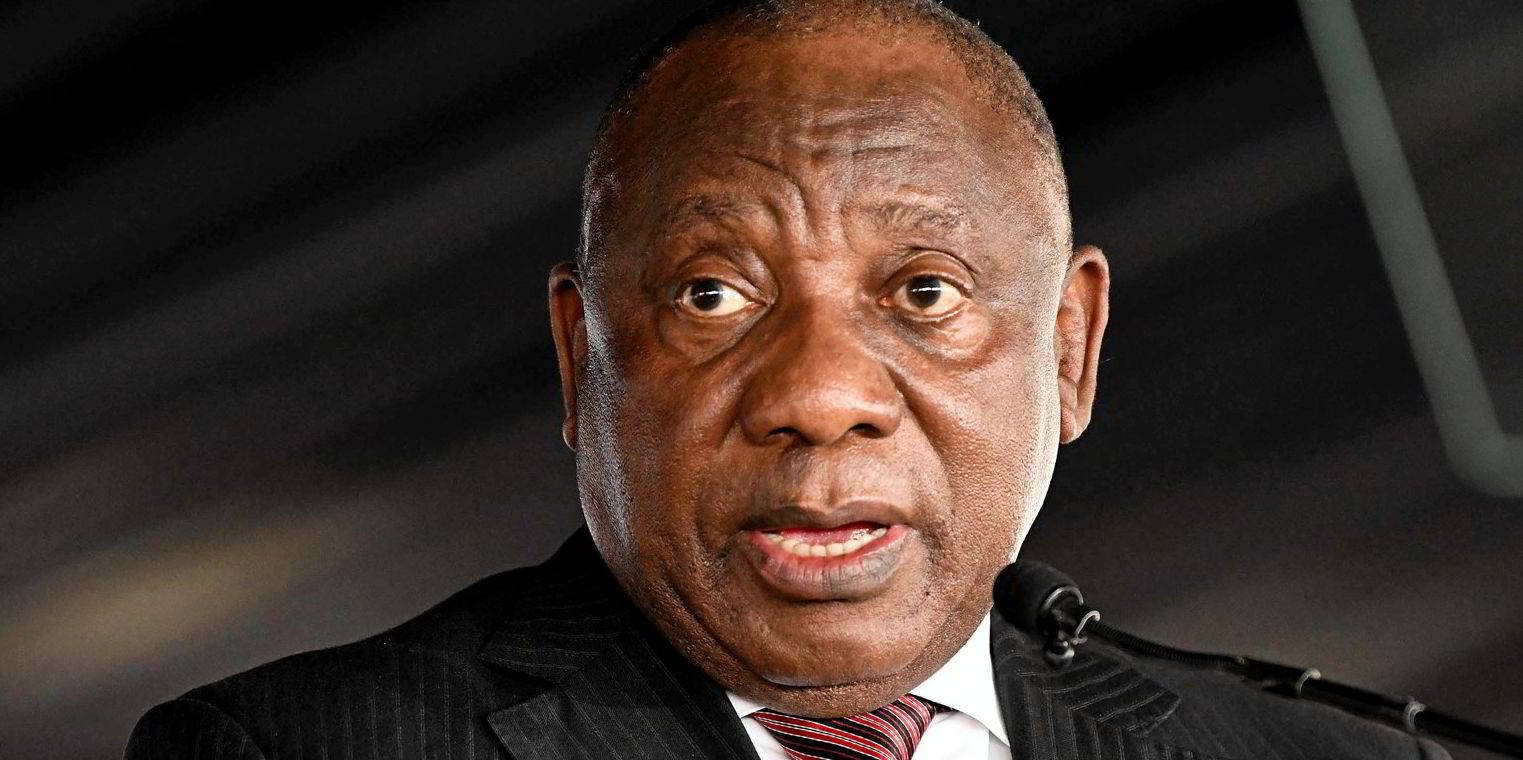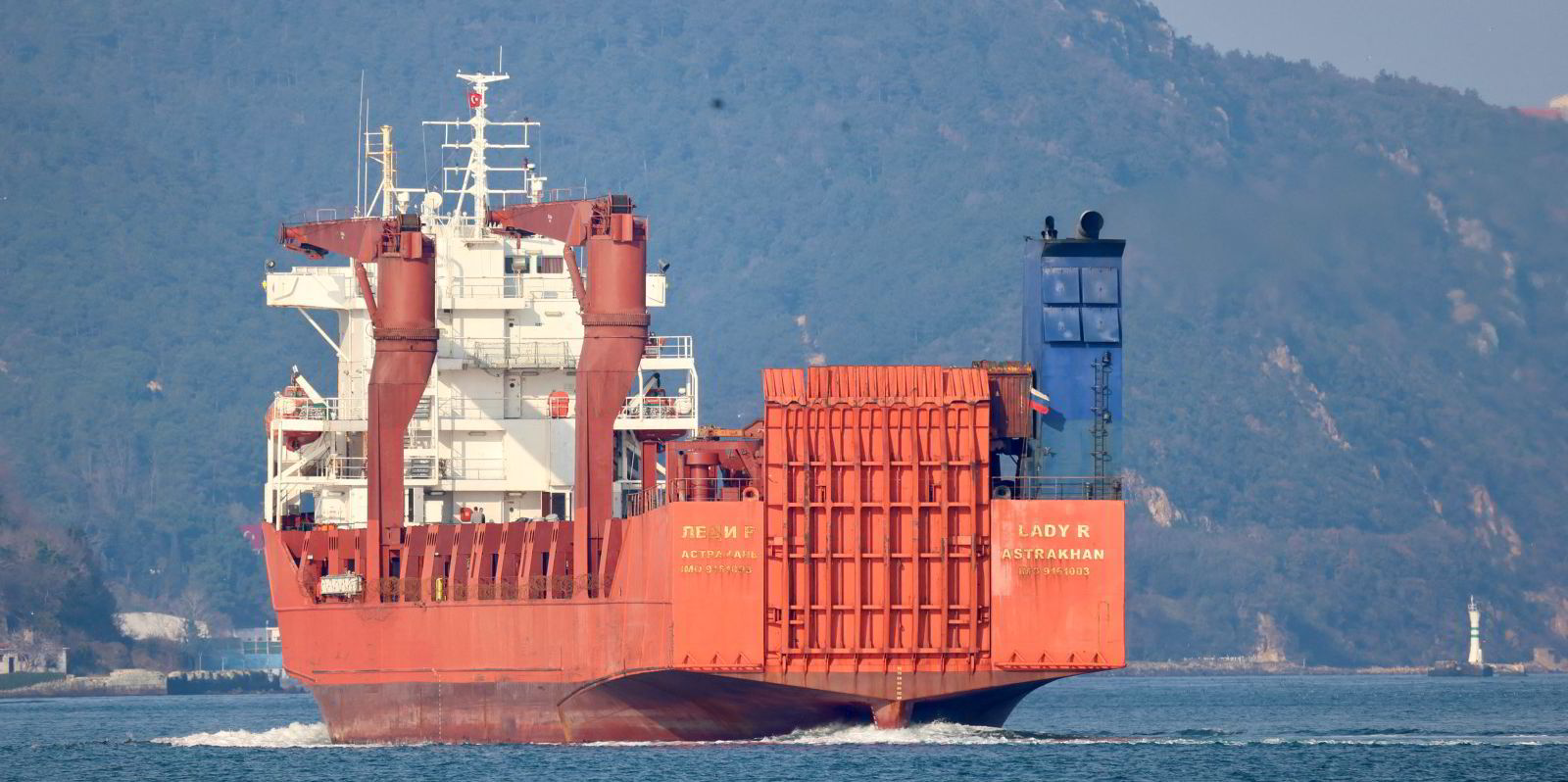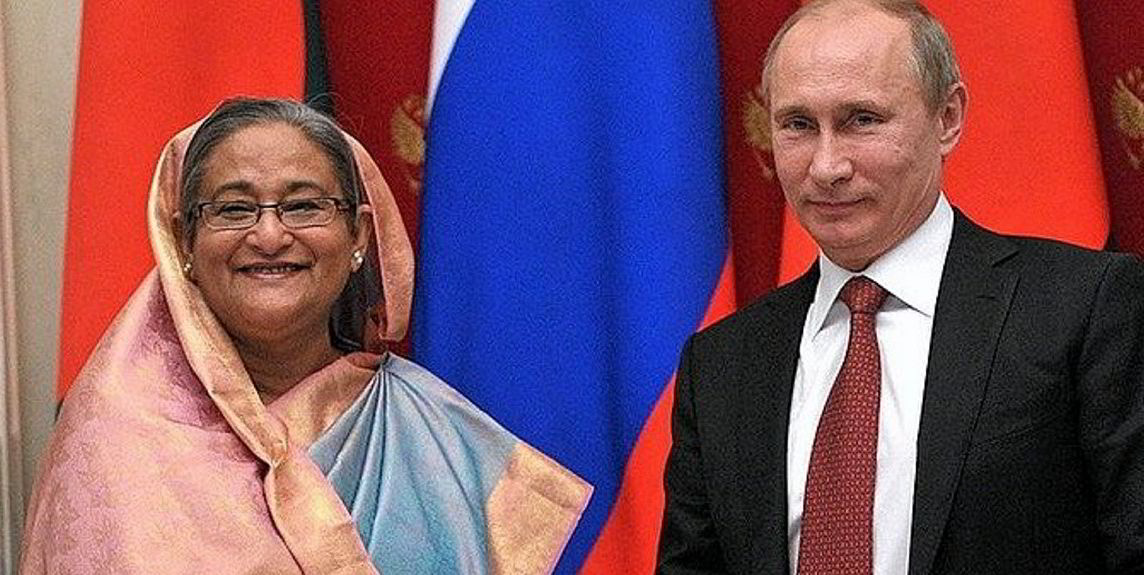An independent inquiry into the activities of a sanctioned Russian general cargo ship that called at South Africa’s main naval base in December 2022 has found that there is no evidence to support claims that the vessel loaded munitions to aid Russia’s invasion of Ukraine.
South African president Cyril Ramaphosa has released an executive summary of the investigation’s findings that cleared the country’s government of allegations that it was supplying arms to Russia. Much of the report remains classified.
The events surrounding Transmorflot’s 7,630-dwt multipurpose general cargo ship Lady R ( (built 2004) during its time in South African territorial waters and while docked at the Simonstown naval base between 6 and 8 December last year raised strong suspicions that it was on a nefarious mission.
With its automatic identification system (AIS) transponders turned off, the ship slipped into the naval base under the cover of darkness, with its arrival time coinciding with a scheduled power blackout in the surrounding area as part of load shedding arrangements due to South Africa’s ongoing electricity crisis.
A fleet of trucks was observed delivering containers alongside the ship.
The US Government later said it was confident the Lady R had loaded weapons and ammunition from South Africa, which US ambassador Reuben Brigety said was “fundamentally unacceptable”. The effects of these allegations on the South African economy prompted the South African government to establish an independent investigation
“The panel established that the ship docked at Simonstown to deliver equipment that had been ordered for the South African National Defence Force in 2018 by Armscor, the country’s arms procurement company,” Ramaphosa said.
Neither Armscor nor the South African National Defence Force had any control over the means through which the supplier of the ordered equipment would transport them to South Africa, he added.
Sanctioned vessel

The report said Armscor only discovered in October 2022 that the Lady R was under US sanctions. By that time the ship had already begun its voyage to South Africa.
Even though the ship was sanctioned by the US, those sanctions had not been endorsed by the United Nations and were therefore not binding on South Africa.
The cargo was originally intended to be discharged at the commercial port of Ngqura near the city of Port Elizabeth, but port agencies there refused to service the ship because of the US sanctions. Armscor then made arrangements to offload at Simonstown.
The investigation panel led by Judge Phineas Mojapelo was informed that because of the urgent circumstances in which the docking at Simonstown was procured, and the tracking of the Lady R by foreign intelligence agencies, the vessel switched off its AIS transponder and thus contravened a number of provisions that relate to commercial vessels docking at South African ports.
The cargo of equipment was packed in pallets and therefore empty containers were brought to the port by trucks. The pallets were loaded into the containers on the dock. Empty containers were stored on board the ship during daylight hours.
The panel found that there was no evidence to support allegations that equipment or arms were loaded onto the ship before it sailed.






